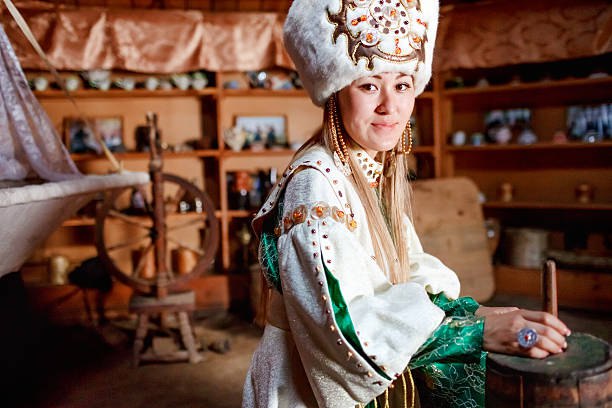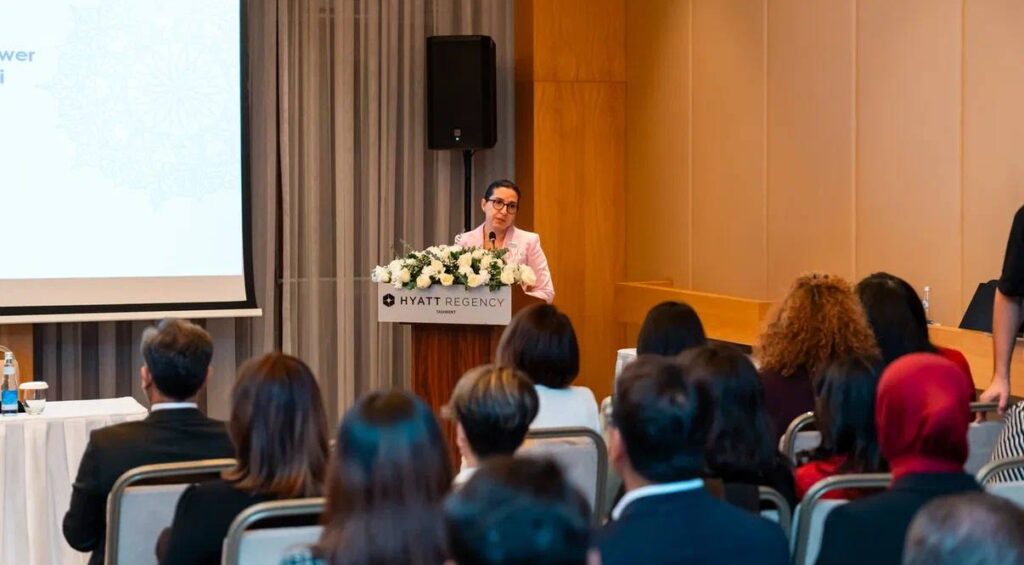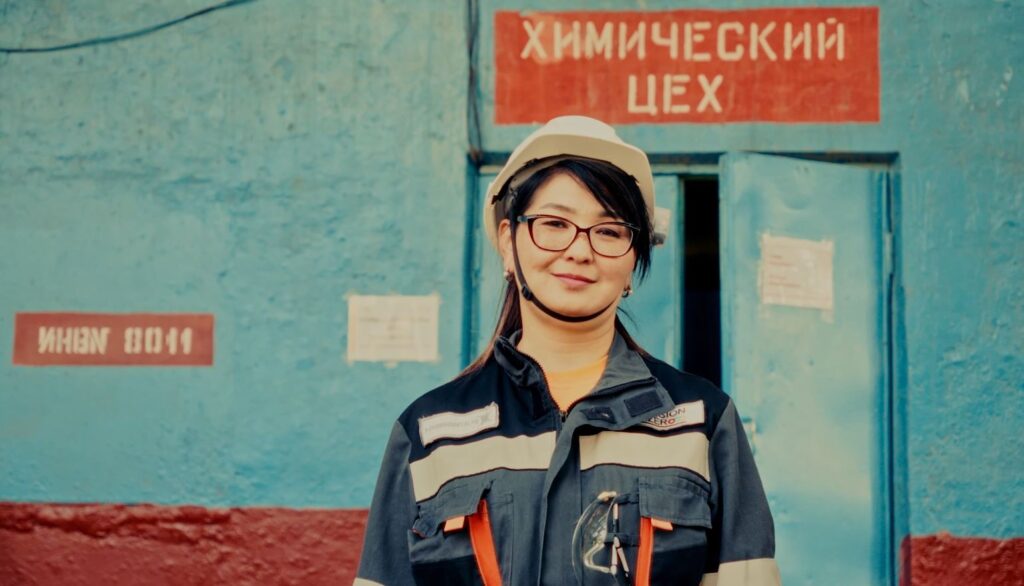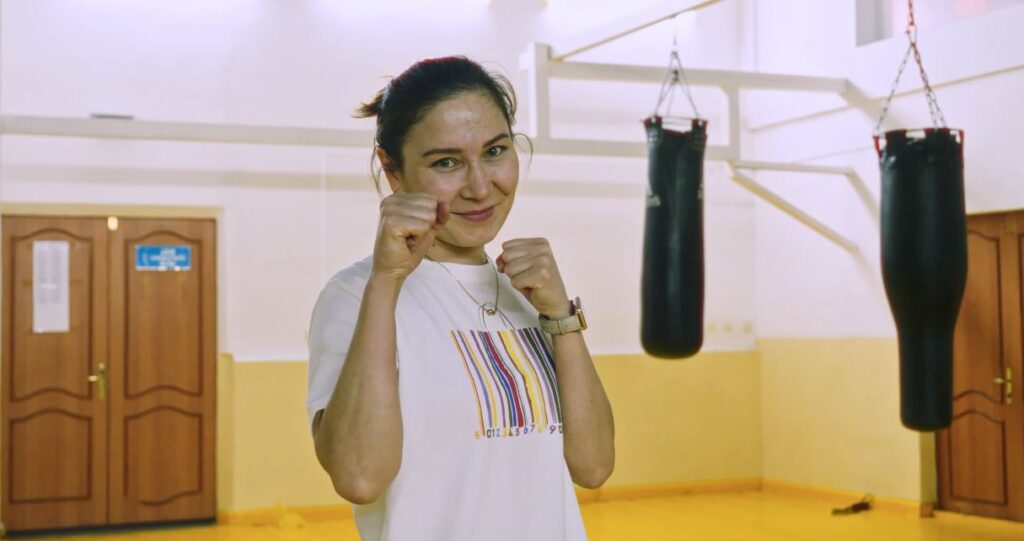Gender inequality in marriage remains a significant issue in Kyrgyzstan, particularly with regard to the role of the kelin – the daughter-in-law – who is traditionally expected to shoulder numerous household responsibilities. In this patriarchal society, women often face pressure from their husbands’ families, limited career opportunities, and an unequal division of domestic labor.
According to recent data, 12.9% of women in Kyrgyzstan marry before the age of 18. This figure nearly doubles in rural areas compared to urban ones, reflecting stark regional disparities. Many families continue to uphold traditional expectations for women, especially the kelin, who is considered responsible for caring for her husband, his parents, the children, and the household.
The Kelin: Between Tradition and Change
Kyrgyz women have varying attitudes toward their role in the family. While some accept these expectations as part of their cultural heritage, others see them as a problem requiring change.
Personal Stories
Aizhan, 24, Osh (name changed):
“After marriage, I was expected to leave my job and devote myself fully to the household. Although my husband supports my career aspirations, there is pressure from both his parents and mine. In the early years of our marriage, I had to prove that I was a good wife – cooking, cleaning, and pleasing my mother-in-law – even though I had the opportunity to build a career. My parents also insisted that I focus on household duties to avoid being ridiculed by others. This frustrates me, but my husband stands by me.”
Nuria, 25, Naryn (name changed):
“In our social circle, it is rare for young couples to strive for equality in marriage. Traditional expectations remain strong, and sometimes compromises are necessary to maintain peace in the family. Early in my marriage, I didn’t feel much pressure, but after the birth of my child, I was often reminded that my primary role was now to be a mother and the keeper of the hearth.”
Ainura, 23, Bishkek (name changed):
“In the capital, it’s easier to be independent. More people here support the idea of equal rights. However, even in Bishkek, many girls face the expectation of becoming perfect kelins. This pressure usually comes from parents who cling to traditional values.”
Societal Expectations Beyond Marriage
For many young women, gendered expectations begin long before they marry. From an early age, girls are taught to prioritize marriage and family above personal ambitions.
Saule, 22, Bishkek:
“I’m 20 and don’t want to get married yet, but my relatives constantly hint that ‘the clock is ticking’ and that I should start looking for a groom. They don’t understand that I have other plans. Sometimes they introduce me to potential suitors, which is awkward and frustrating.”
In some families, restrictions are imposed on daughters to preserve their “marriage prospects.”
Kamilla, 23, Bishkek:
“I was often told to be modest, avoid friendships with boys, and dress conservatively because ‘I had to get married.’ Many girls like me missed out on a full teenage experience. However, I’ve noticed that the younger generation is growing more independent, which gives me hope.”
Regional Differences in Gender Norms
As the capital and largest city, Bishkek offers slightly more freedom and opportunities for women to balance family life with professional ambitions. Yet, even here, young wives often face pressure from parents who maintain traditional views.
Nationwide, the gender gap in domestic labor remains stark. Women in Kyrgyzstan spend nearly five times more time on unpaid household work than men. Among working women, this figure rises to 6.5 times. As a result, women have 1.4 times less free time for leisure and self-development compared to men.
Path Toward Equality
Despite persistent challenges, Kyrgyzstan is on the path to change. Progress will require a broader societal commitment to gender equality, including dismantling stereotypes, redistributing domestic responsibilities, and supporting women’s career aspirations.
Achieving true equality will involve not only changes in policy but a cultural shift in how the roles of women, particularly the kelin, are perceived within the family and society at large.









